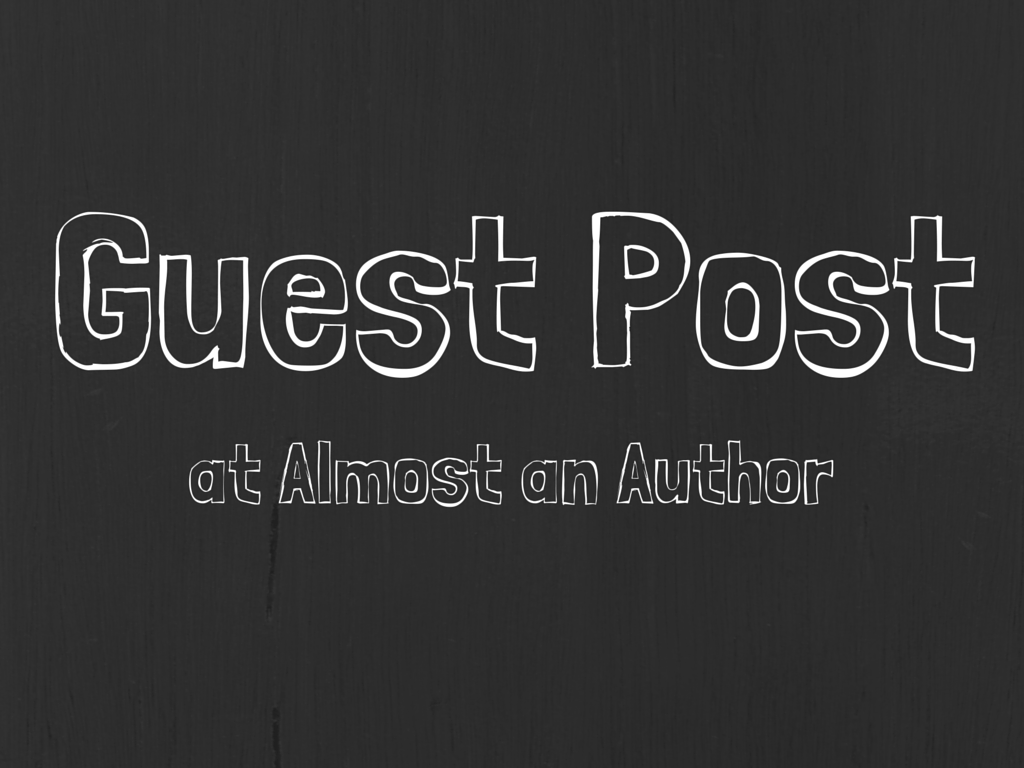
Fantasy-Sci-Fi
Pizzanomics and the Economy of Words
In The Picture of Dorian Gray, Oscar Wilde writes that people know the price of everything and the value…
March 10, 2023
In The Picture of Dorian Gray, Oscar Wilde writes that people know the price of everything and the value…
March 10, 2023
Increasing your vocabulary may sound like a “roll your eyes” suggestion. After all, you’ve been reading and writing English…
February 11, 2019
If you are reading this, you are either writing a book or considering the possibility. Writing a book…
February 9, 2017
Have you ever hit “send” for an email, or “publish” for a blog post, only to realize within a…
November 5, 2015
I recently read a headline that jumped off the page to me: “Can a GOP So Divided by Anger…
October 17, 2015
The fruit of any writer is words, alphabetic compilations skillfully woven together into sentences and paragraphs that may eventually…
June 28, 2015